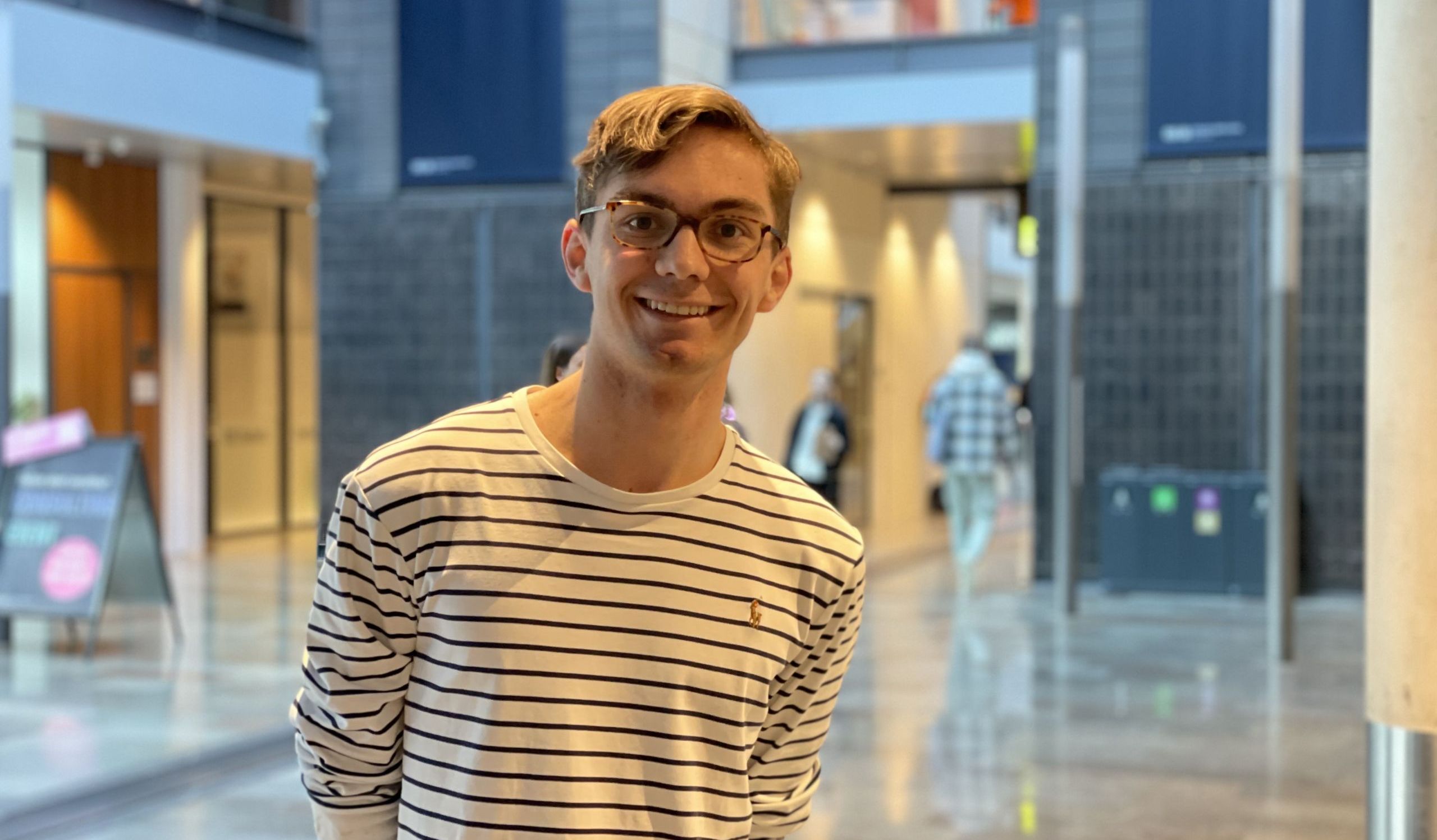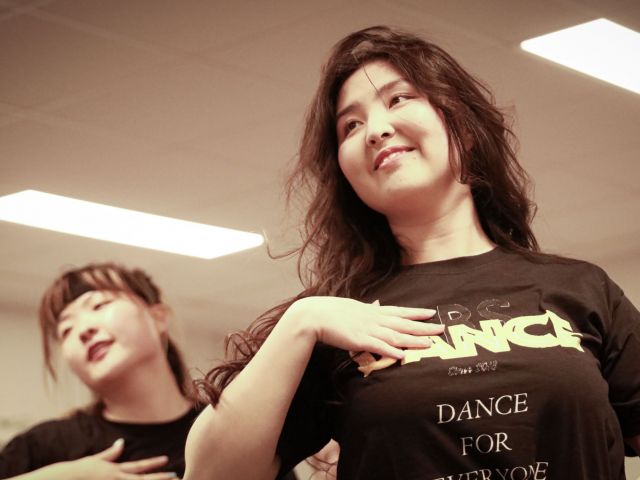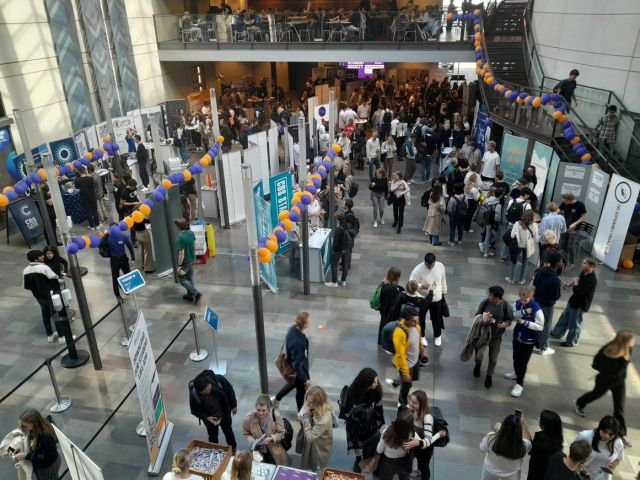New student organisations are blossoming – the challenge is how to keep them alive

Stanislas Salavert, CBS Students. Photo: Caroline Hammargren
The number of student societies at CBS has more than tripled in the last five years. But with a busy and ever-changing student population, the challenge is for the organisations to outlive the natural turnover of members.
Stanislas Salavert, a third-year student of Business administration and sociology, is part of CBS Students’ management team and responsible for “bringing life into the student life”. That includes working on society day, the network book and organising other events related to student societies.
Student societies at CBS experienced a bit of a downturn during COVID-19. With few events organised, few new people joined during those years. As a result, some societies have lacked people who can rise through the ranks and take over from previous presidents and board members to run the organisations.
“It’s a problem, and I know some societies have had a hard time looking for the next people. Now they are slowly coming back to life,” says Stanislas Salavert.
It’s cool to say you started a club, but you need to have a certain word of mouth before you get going.
Stanislas Salavert, CBS Students
CBS Students wants to make the societies more aware of the support they can offer. Our meeting place is one example: a new recording studio in Solbjerg Plads that has been set up for student societies to use.
Stanislas Salavert moves a few microphones out of the way before we start the interview. An energetic fast-talker, he lists more examples of what is available: cameras, technical equipment and practical support such as a series of upcoming workshops and tools to make running an organisation easier.
“It’s cool to say you started a club, but you need to have a certain word of mouth before you get going,” he says.
Reaching out in a crowded student society landscape is one common challenge for the societies, information loss due to turnover another. And, running an organisation, which usually means registering as a non-profit, entails a lot of administrative work that CBS Students can support with.
CBS Students also provides funding, via something called the Activity pool, where the societies can apply for 1,5 million DKK each year.
Currently, 129 societies are registered with CBS Students. The number keeps changing. A new organisation was just accepted and another is in the process. In comparison, five years ago, only 40 organisations were registered with CBS Students.
Find your passion
Now, Stanislas Salavert spends much of his time working at CBS Students, the mother of all student organisations, and has plenty on his plate. But in the past, he participated in various societies, like CBS Jam, which plays music, and the Climate Club, which a friend convinced him to join. He attended Green Impact Week with them, something he says he would never have seen himself doing before.
He thinks participating in student societies has opened his eyes to new areas and helped him discover new passions.
“I’m not going to lie, when I originally came to CBS, I was looking to be very career oriented and find a job that makes me comfortable in the long run. Like, people who say they love their job, I didn’t understand how they could say that. With time, I’ve discovered new passions and it led me to meet a lot of people.”
He sums up the benefits of joining a student society as threefold:
“Personally: meeting new friends. Academically: discovering different points of view. And workwise: discovering your passion.”


































































































































Comments